Researchers Learn How a Drug Called Zotatifin Kills Cancer Cells
A cancer drug developed ten years ago at UCSF can also put the brakes on one of prostate cancer's deadliest molecular tricks.

University of California San Francisco
Give to UCSFA cancer drug developed ten years ago at UCSF can also put the brakes on one of prostate cancer's deadliest molecular tricks.

UCSF scientists have found that some cancers, like brain cancer, make unique, jumbled proteins that make them stand out. These newly recognized cancer-specific proteins, or antigens, could speed the development of potent immunotherapies that recognize and attack hard-to-treat tumors.
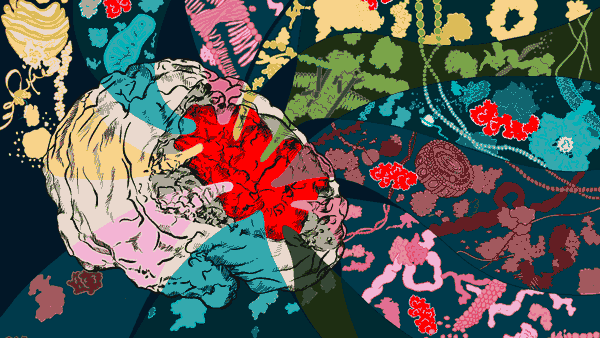
UCSF scientists discover how cancer cells hijack the protein factory of the cell to churn out MYC protein, the driver of 70% of all cancers.
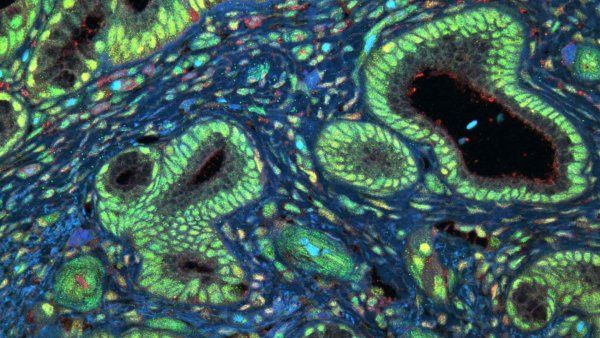
Scientists used implanted fat cells to gobble up available nutrients around cancer tumors, starving the tumors to death.
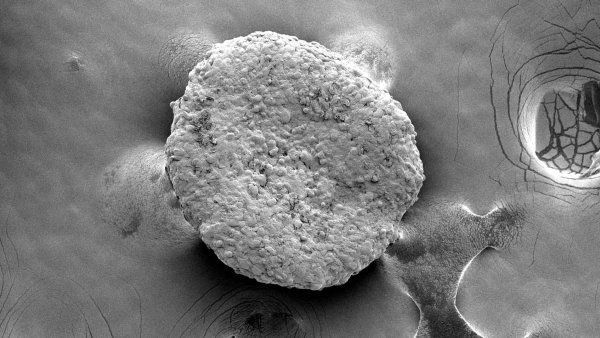
Rates of advanced prostate cancer in California rose significantly in the decade since doctors stopped routinely screening all men. A UCSF study reinforces the need for screening that can identify potentially fatal tumors without raising false alarms about ones that pose little threat.
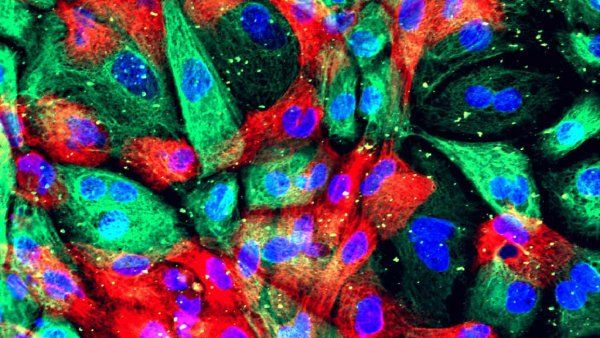
A new EPA ban on TCE, a common industrial cleaning agent and contaminant, begins this year. UCSF’s Samuel Goldman, who led groundbreaking research to link TCE to Parkinson’s Disease, talks about the health risks.

A new study paints one of the most detailed pictures of human brain development to date, opening the door to new tests and therapies, including for brain disorders such as autism.

Learn from an expert on how marketing shapes the use of flavored vapes, and and what it means for kids and teens.

Excessive drinking can damage the liver. Yet, unlike obesity or high cholesterol, clinicians only screen for alcohol use by asking their patients how much they drink. Turns out that method is not

UCSF scientists developed a way to deliver radiation just to cancerous cells, rather than attacking both cancerous and healthy tissue. The therapy combines a drug to mark the cancer cells for destruction and a radioactive antibody to kill them.
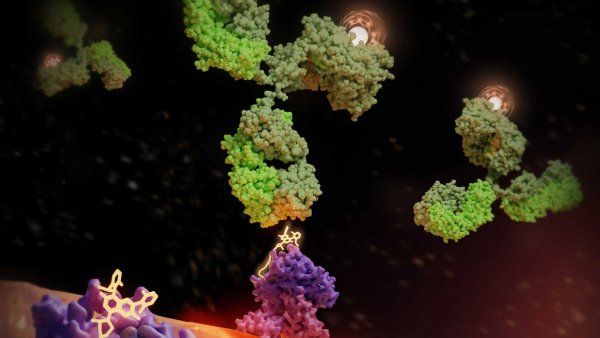
Breast cancer experts from UCSF Health will present new research and clinical findings at the annual San Antonio Breast Cancer Symposium, the world’s largest and most prestigious breast cancer

Hematologists and oncologists from around the world will present new research and clinical findings at the American Society of Hematology’s (ASH) 66th Annual Meeting and Exposition. This year’s

A newly developed “molecular GPS” to guide immune cells into the brain and kill tumors without harming healthy tissue is the first living cell therapy that can navigate through the body to a specific organ.
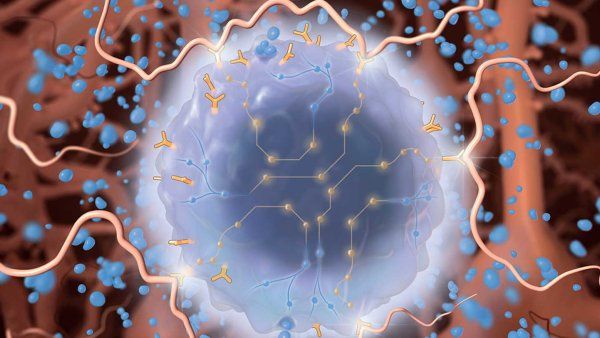
Nearly 50 UCSF researchers have been named to Clarivate’s list of most influential scientists for 2024.
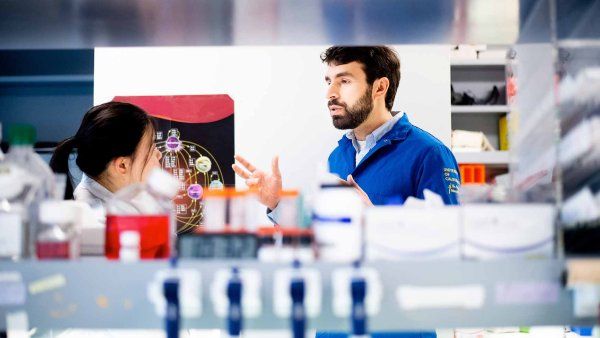
UCSF researchers develop customizable SNIPR sensors that activate engineered cells only near tumors, promising precise cancer therapies with minimal side effects.
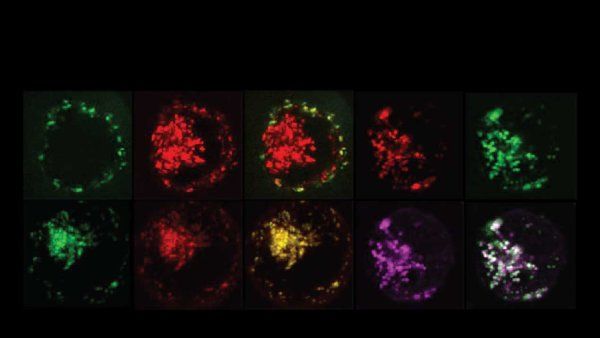
An AI-based diagnostic system reveals cancerous tissue that may not otherwise be visible during brain tumor surgery. This enables neurosurgeons to remove it while the patient is still under anesthesia – or treat it afterwards with targeted therapies.
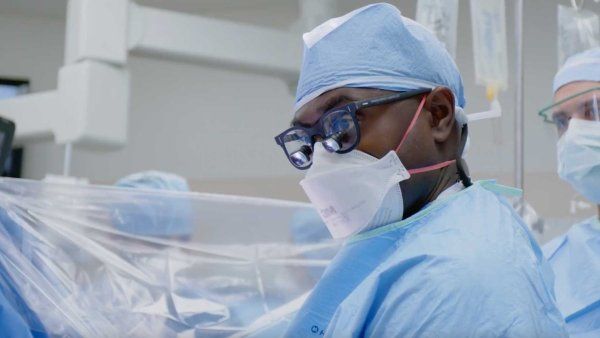
New drugs and therapies have become indispensable for treating an array of cancers. Unfortunately, they can also cause damage to the heart, a side effect that has led to the development of a new

Although rectal cancer is a life-threatening disease, it is highly curable in its early stages. Depending on the location and state of the cancer, surgery may be required. To avoid life-altering

In June, UCSF treated its first patient with E-SYNC, its first homegrown CAR-T therapy, one of the first to show promise in treating certain types of brain cancers. This story builds on previous coverage to provide an overview of CAR-T therapy, accessibility and future horizons of applications in cancer and other illnesses like HIV.

Katherine Van Loon, MD, MPH, has been appointed as the next editor-in-chief of JCO Global Oncology (JCO GO), an American Society of Clinical Oncology (ASCO) journal.

Breast cancer is the second leading cause of cancer deaths in the U.S. and worldwide, pointing to the continuing need to improve treatment strategies and therapies that better patient survival and

Scientists discover how to drug GTPases, a group of 150 critical enzymes that act like "switches" in cells, which cause a wide variety of diseases such as cancer and Parkinson’s disease when mutated.
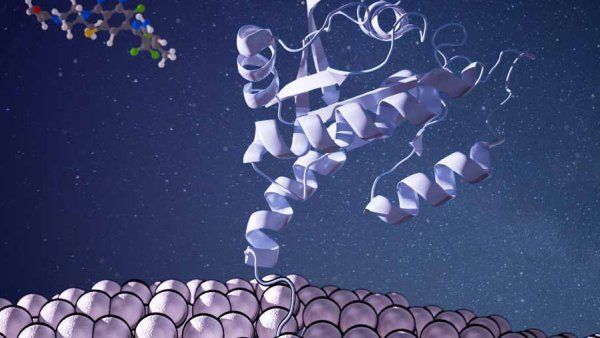
Mack Roach, III, MD, FASTRO, has been chosen by the American Society for Radiation Oncology (ASTRO) to receive its 2024 Gold Medal Award. Roach is being recognized with ASTRO’s highest honor for his

The UCSF Prostate Cancer Program will receive about $7 million from the National Cancer Institute to develop new approaches to the prevention, early detection, diagnosis and treatment of prostate cancer.
